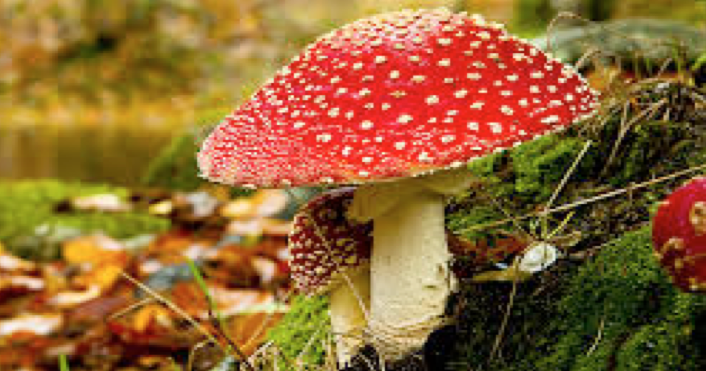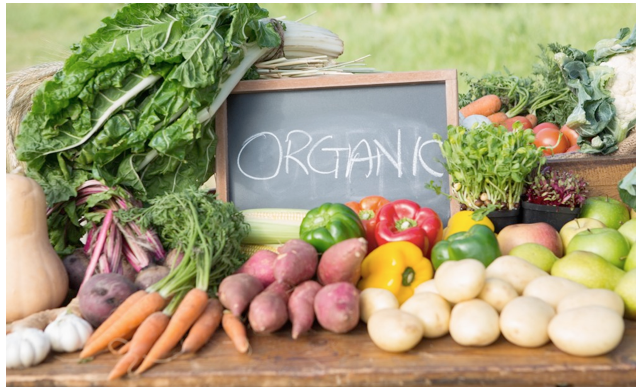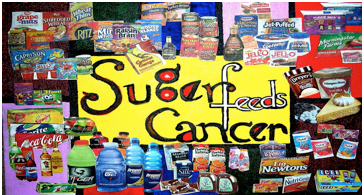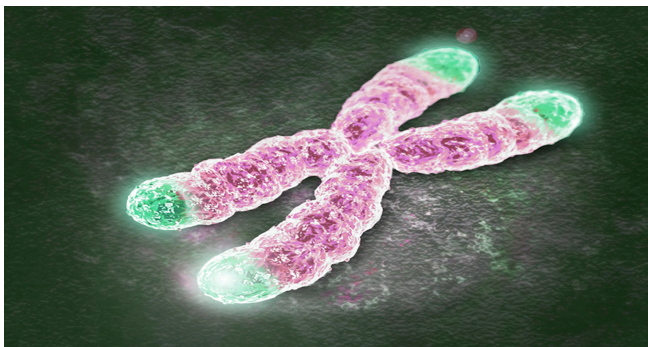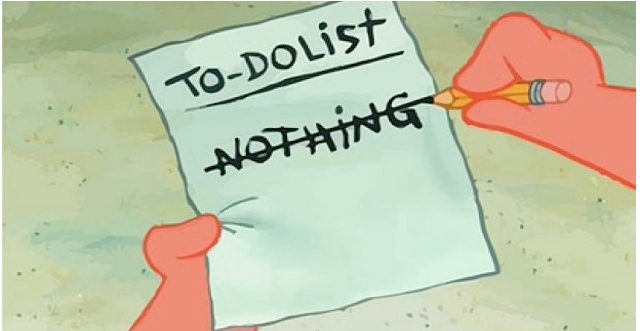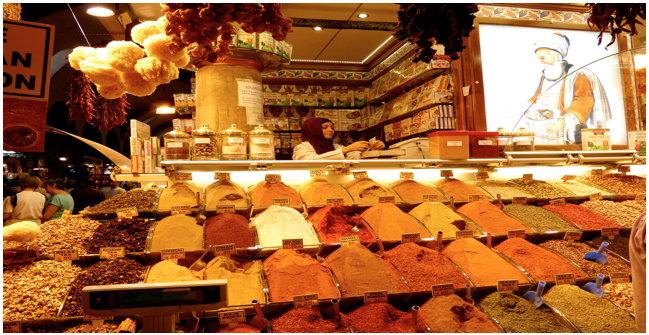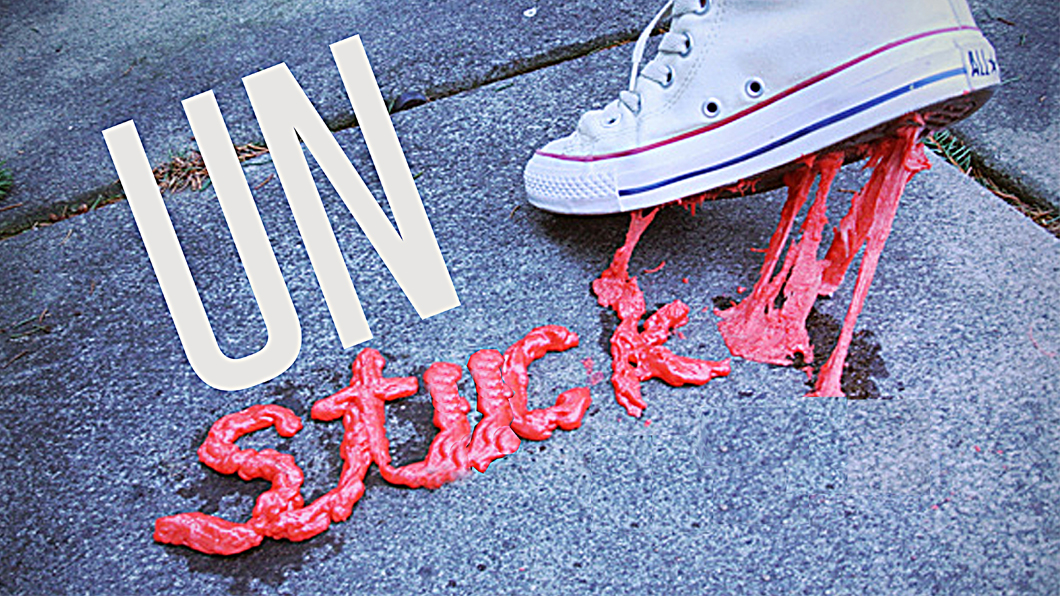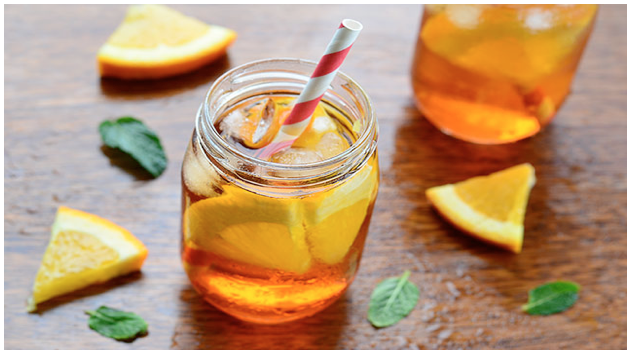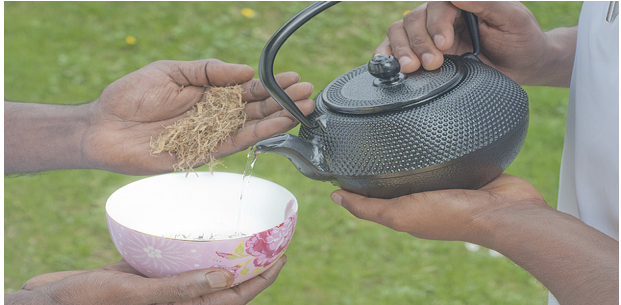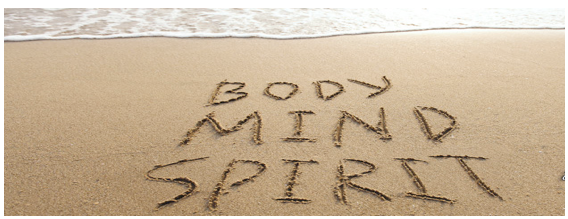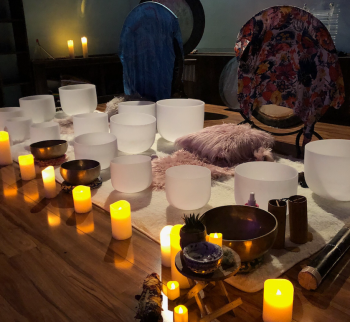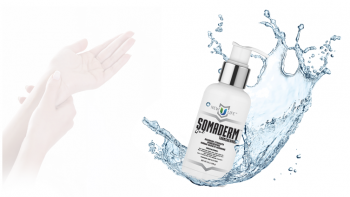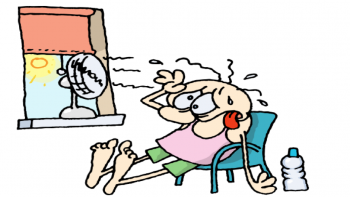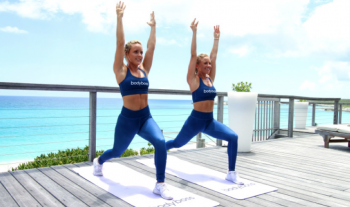WELLNESS--We all worry about memory loss at some point in our lives. Have you ever had a friend say “remember when we did that?” and you simply can’t recall the experience? It happens to me often and it can be downright alarming. Perhaps you begin forgetting important details throughout your day and the missing car keys become an all too familiar occurrence. Often our short-term memory can become foggy and we fear that fading recall is an unavoidable part of aging.
Too many times, however, we confuse the impact of our day-to-day stress with actual memory loss. Our lives have become bombarded with to-do lists and most of us are stretched thin. This pressure isn’t necessarily affecting our memory but rather it limits our focus. Without proper focus we simply cannot absorb all of the details. We experience what many people call selective memory.
The truth is that most of us have just reached our limit! We don’t have the energy to absorb new information and so we tend to shut down. We remember what we want to and let go of those things that don’t matter as much. But then, we get upset when we blank on certain details, believing that the decline has begun.
Memory loss isn’t inevitable. It doesn’t have to be tied in with aging. In fact, there are numerous elements within our control that not only help to preserve our memory but make it sharper as well.
Here are some key factors that support memory, focus, and concentration:
Sleep
Getting a deep, restful sleep is the most important thing that you can do for your memory. Without it, we easily lose focus and our minds become fatigued. Sleep not only restores our bodies but our brains too. The hours before midnight are when we experience our deepest rest because that’s when the hormones including Melatonin, Estrogen, Testosterone, and Human Growth Hormone (HGH) get busy to support our system.
Always sleep in a dark, cool room without noise disturbances. Do your best to clear the bedroom of electronic devices or at least make sure to turn them off. Try to hit the sack well before midnight and get at least 8 hours of sleep.
Exercise
Regular exercise is an important tool to slow the aging process and improve your memory. Cardiovascular training of any type improves the blood flow to our brains which assists our overall alertness. Numerous studies have shown that people who exercise regularly have less age-related disease and dementia.
I suggest to my clients that they do interval cardio training 3 times per week. This involves pushing your heart rate to its maximum capacity in short, 30-second bursts. This exercise has been shown to increase Human Growth Hormone (HGH) which is also known as the anti-aging hormone. HGH positively affects the memory and is vital to remaining youthful.
Water
Many people suffer from mild dehydration and don’t even realize it. Without adequate fluid in our system, we can become mentally impaired. Short periods of water restriction have been shown to negatively affect our alertness and can weaken concentration.
Mild to moderate dehydration appears to exacerbate cognitive dysfunction in older people, and some experts believe it may be a risk factor for more serious dementia and Alzheimer’s disease.
If you’re a healthy adult, make sure to drink 6-8 glasses of pure, clean water per day. Consume more in hot climates or if you exercise vigorously. I suggest carrying a stainless or non-BPA plastic bottle and make a point of filling it numerous times throughout your day. Don’t wait until you’re thirsty because that is a sure sign that you’re dehydrated.
Supplements
There are numerous supplements on the market that really work to stimulate memory.
Ginko Biloba
Perhaps the most popular memory supplement is Ginko Biloba. It has been used for centuries to assist the brain with cognitive function. Ginko has been shown to increase blood flow to small vessels and people who take Ginko Biloba report an elevated mood, alertness, and mental ability. It has also been used to slow the advancement of dementia in the elderly. Take it as a supplement or brewed into a tea.
Ginseng
Ginseng is often recommended alongside Ginko Biloba. It has been shown to increase mental alertness and help to stimulate the memory. This powerful herb can also be made into a tea or taken as a supplement as well.
Gotu Kola
Gotu Kola is an herb traditionally used in Chinese medicine & Ayurveda. It contains certain chemicals that seem to decrease inflammation and blood pressure in the arteries. It is effective in reducing memory loss due to stress and anxiety by helping to relax the body and mind. Gotu Kola can be taken as a supplement or as tea.
Reishi Mushroom
The Reishi mushroom contains powerful constituents that strengthen memory and concentration.
Taoist monks in China were given Reishi mushrooms to calm the mind and improve the value of their meditation. Consider taking it in supplement or extract form.
Omega-3 fatty acids
Omega-3 oils come from cold water fish, plant and nut oils and have shown promise in slowing age-related disease including Alzheimer’s. Make sure to eat plenty of Omega rich foods such as walnuts, flaxseeds, egg yolk, salmon, and sardines and consider taking a daily Omega-3 supplement such as Krill oil.
Melatonin
Melatonin is known as the sleep hormone. As mentioned, the key to having a sharp memory is quality sleep. If you suffer from sleep issues, it is possible that your melatonin levels are off. Look into getting them checked and consider supplementing with this gentle yet effective hormone.
Essential Oils
Studies have shown that the smell of rosemary can improve memory performance in office workers and students. In ancient Greece, students would braid rosemary into their hair before taking an important exam. The scent of rosemary essential oil may be just what you need to get you through that sluggish afternoon at the office. Grapefruit, orange and lemon oil are my favorite! They help to stimulate awareness and mindfulness. I suggest that you choose your favorite scent or combine them and use a diffuser which fills the air with the invigorating scent.
Brain Puzzles
I often find my 93-year old granny doing crosswords. She is one sharp lady! Games such as Sudoku, crosswords and Scrabble challenge the brain to work harder. Our brain is like a muscle and it needs to be worked out just as our body does. Pushing your brain to new limits will increase your capacity to remember.
Try something new. Learning a new language is a great way to improve your memory. Push yourself outside of your comfort zone and do something interesting. Studying a musical instrument or taking a class that challenges you are both wonderful brain boosters.
Meditation
Aside from sleep, the best way to still our minds is through meditation. Taking 10 minutes out of your day to sit quietly and focus on your breathing will make a difference in how you feel. Meditation works on de-cluttering our minds and centering us. The things that prevent us from remembering are often mind clutter, stress and mental overload.
I always recommend that people carve out quiet time each morning for reflection. This is the best way to start your day off on the right foot. Studies have shown that meditation will positively impact your memory and overall sense of wellbeing. Make it a priority…you deserve it!
Hormones
Possibly the most overlooked aspect of a failing memory is hormones. When our hormones are not balanced or are depleted it can lead to age-related disease and dementia. Often without adequate estrogen for women and testosterone for men, our focus and alertness is negatively affected.
Find an anti-aging doctor or Endocrinologist in your area and have your levels checked. Our hormones send signals to every cell in our body and they are imperative to not only feeling better, but living life to the fullest!
Mindfulness
To begin reclaiming our memory it is imperative that we pay attention! We need to begin making a conscious effort to remember details. When somebody is explaining something new, really listen. We must choose to remember things like figures, names, and details. We can all become distracted and sometimes all it takes is a little effort.
The next time you’re being exposed to new statistics or information, simply tell yourself “I will remember this”. And then get busy using your brain to retain the details.
When you meet somebody new at a party, repeat their name over and over in your head, as repetition is often the key to remembering. If you’re a visual person like me, picture their name written on a piece of paper or better yet, ask for their business card.
Life can be demanding at times and we must always be gentle with ourselves. If you find that important details slip from your mind, don’t beat yourself up or get anxious. Instead, simply fill your water bottle, take a walk, and get some quiet time to clear your mind of clutter. Look into incorporating some new memory supporting supplements and get a good night’s sleep. Tomorrow is a new day filled with infinite possibilities and potential!
(JAY BRADLEY is an Anti-aging, Wellness, and Lifestyle Expert living in Los Angeles California
www.JayBradleyLifestyle.com. He is the Author of LIVE LOOK FEEL. The 12-Week Guide to Live Longer, Look Younger, and Feel Better!)
-cw

